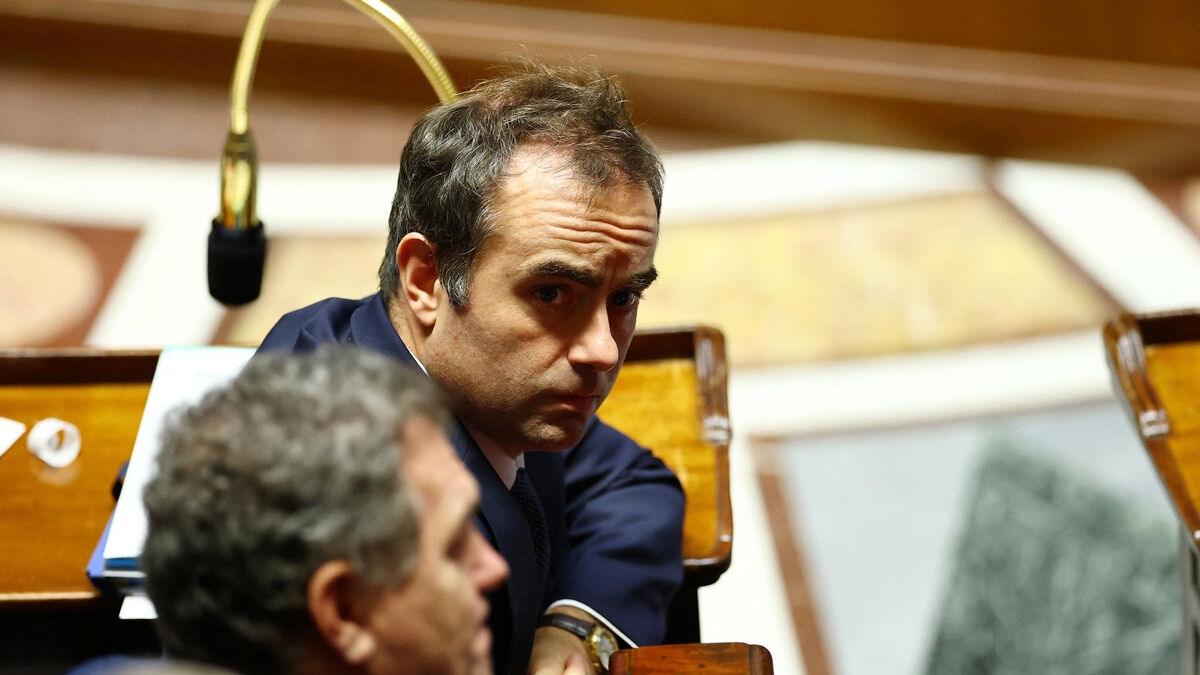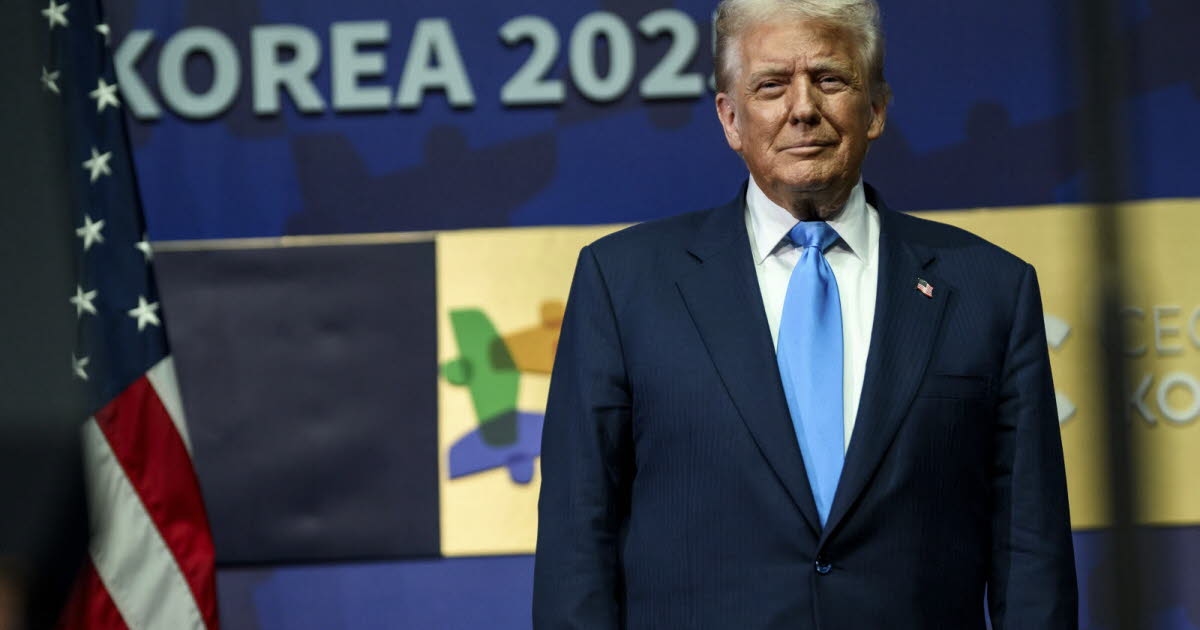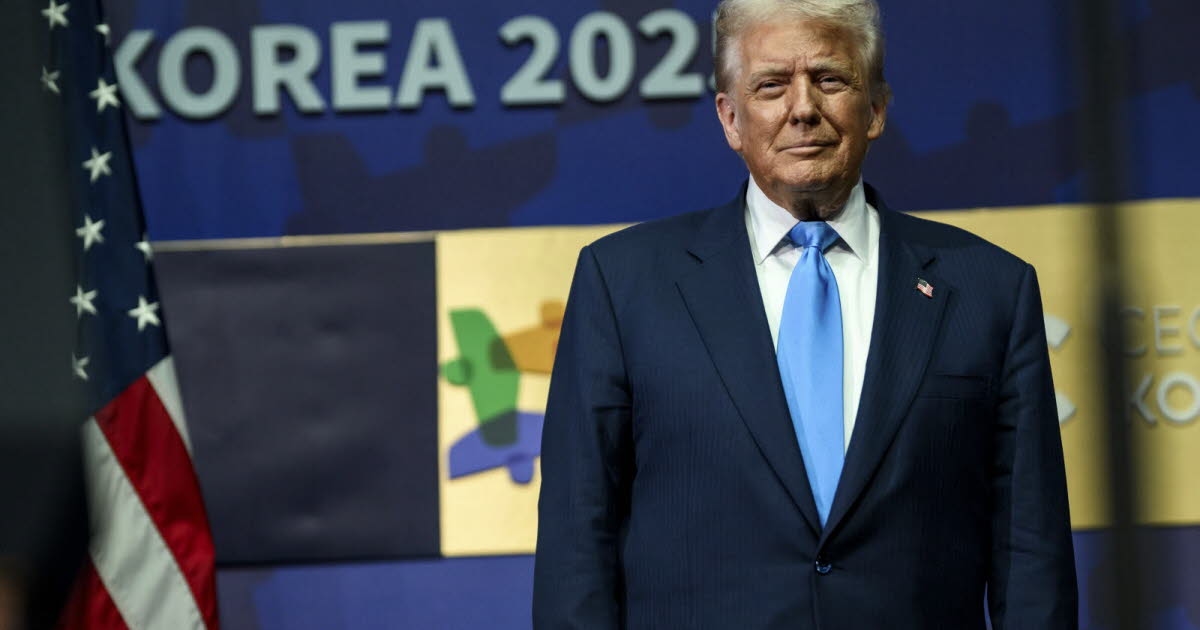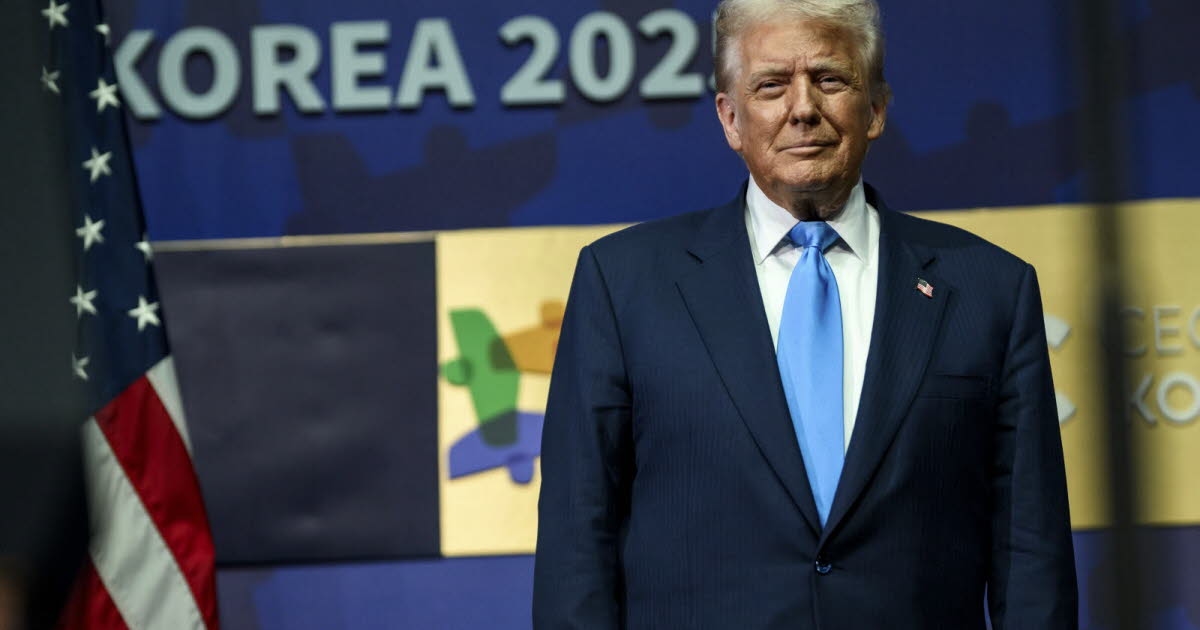LIVE. 2026 Budget: the formal vote on the revenue section will ultimately not take place on November 4th
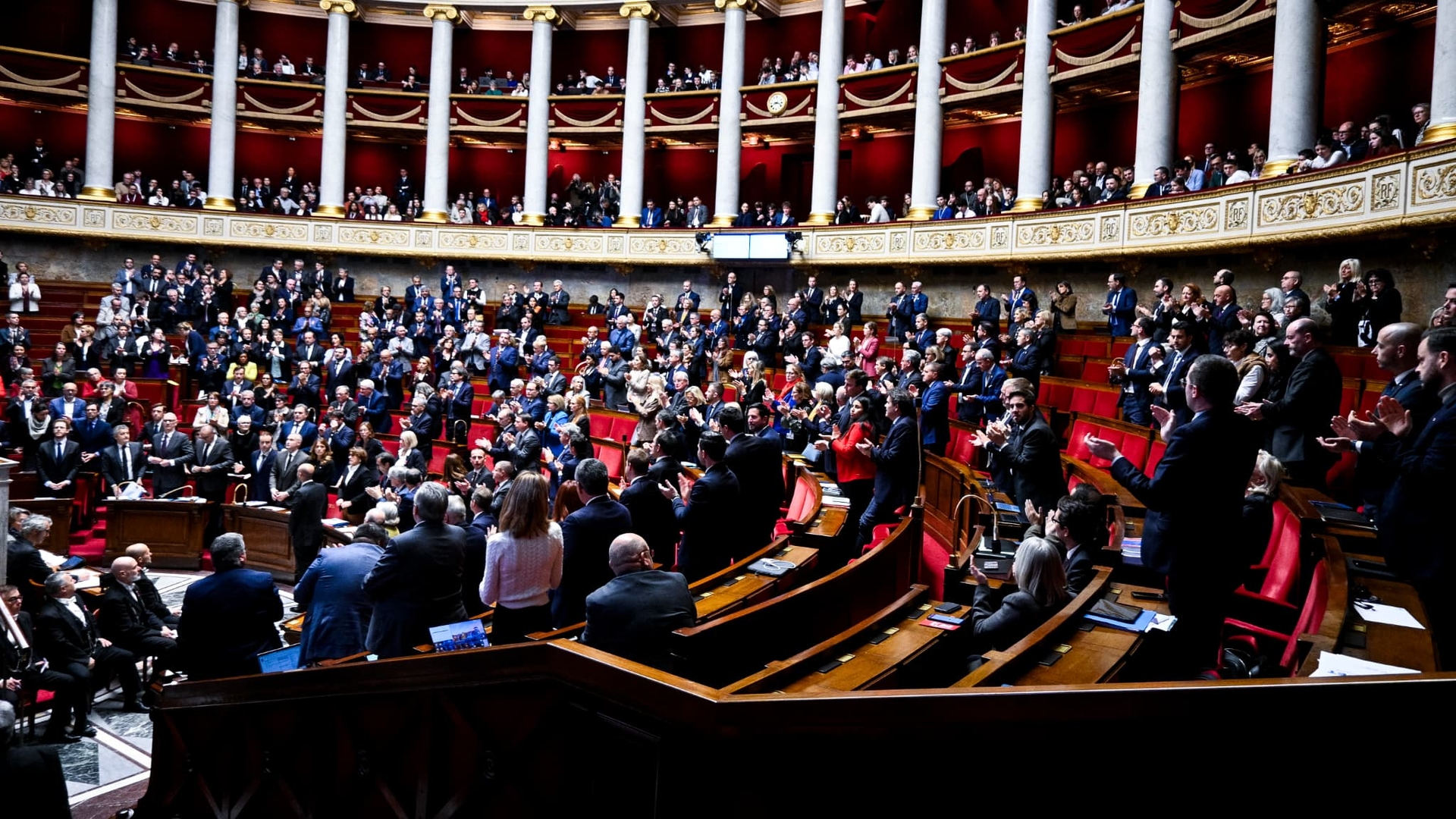
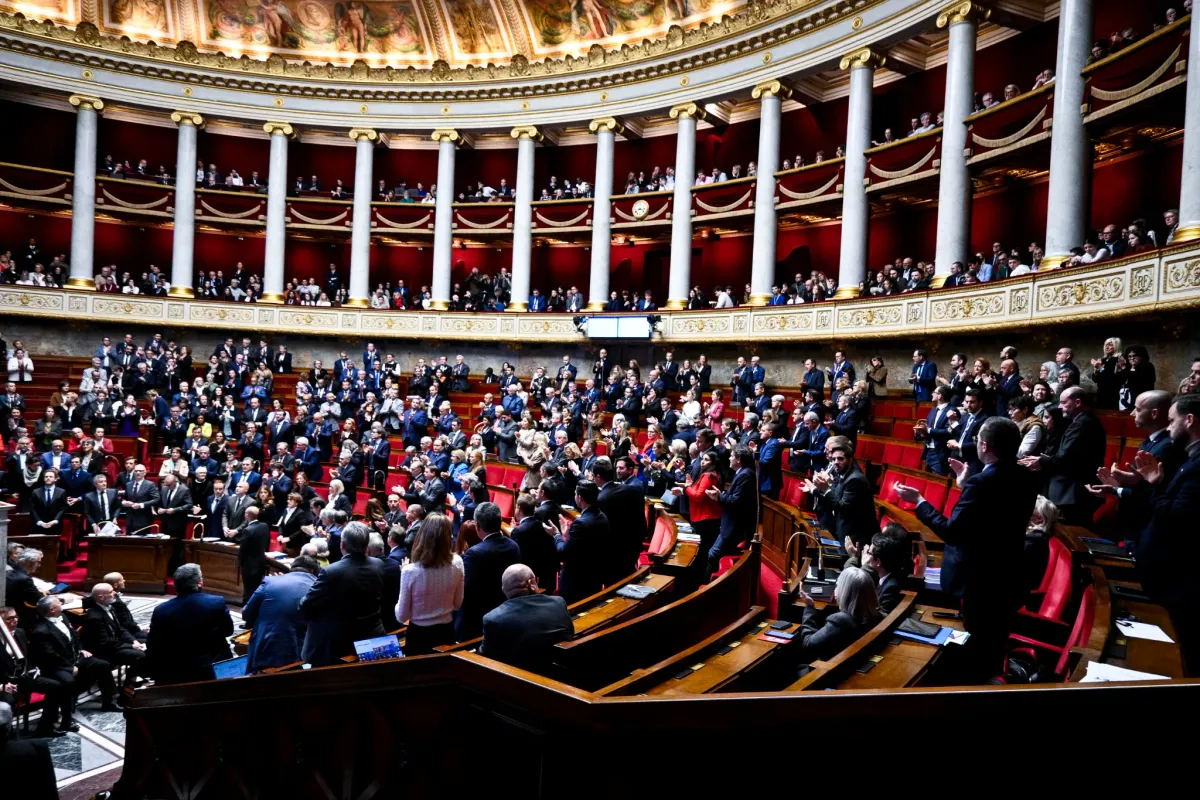
Homework help, housework, gardening... MPs voted on Tuesday to reduce tax breaks granted to individuals who employ a domestic worker by 110 million euros.
Julie L'Hôtel Delhoume, president of Fepem (French Federation of Private Employers), a guest on BFMTV this Wednesday, expressed her regret over such a measure. "We're talking about 3.4 million private employers who use 1.2 million employees, and they don't use them for comfort but for basic needs."
From July 1, 2026, non-EU international students without scholarships will no longer be eligible for APL (personalized housing allowance). "This targeted measure will only affect 3% of the 3 million students in France, and will allow for better allocation of resources to truly vulnerable groups," the Ministry of Higher Education explained in a press release seen by BFMTV. This measure does not apply to scholarship students, "regardless of their nationality," nor to any students from the European Union, the ministry clarified.
The text had provoked a reaction, notably from student unions. "This aid is vital for these students who are already living in situations of extreme precarity," declared Léa Jules-Clément, co-general secretary of the student union.
According to several concurring sources at BFMTV, the formal vote on the revenue section of the budget will almost certainly not take place next Tuesday, November 4th, as initially planned. The reading of Part 1 of the Finance Bill (PLF) will not be completed in time, according to several parliamentary sources, as its examination requires too much time.
The deputies will therefore proceed to examine the Social Security Financing Bill (PLFSS) before resuming the examination of the revenue part of the PLF after November 12, the date of the formal vote on the PLFSS.
The Council of Ministers meeting has just ended. A report will be issued around 12:15 PM.
Budget debates are dragging on in the National Assembly. At this rate, the vote on the first part of the 2026 finance bill relating to revenue, scheduled for Tuesday, November 4, seems unlikely, according to Jean-Philippe Tanguy.
"I don't think we'll get through the exam," the RN deputy announced on Public Sénat.
"The parties of the central bloc have tabled far too many amendments (...) The deadlines are very short and we do not have time to work under good conditions," says Jean-Philippe Tanguy.
By announcing that he would "renounce" the use of Article 49, paragraph 3 of the Constitution, Sébastien Lecornu is showing "cynicism," according to Jean-Philippe Tanguy, RN deputy for the Somme. "The government is showing a lot of cynicism by making people believe that [abandoning] 49.3 allowed Parliament to have power over the budget, which is not true," he denounced on Public Sénat.
The use of Article 49.3 would have allowed Sébastien Lecornu to adopt the budget without a vote.
Gabriel Zucman says he is calling for "an expansion of the scope of democracy" in tax matters. "I am calling for an expansion of the scope of democracy because recent studies have shown that billionaires do not contribute to national solidarity through income tax," Gabriel Zucman stated on BFMTV-RMC.
"The public authorities must exercise control, power over the accumulation of large fortunes (...) You cannot accumulate fortunes of hundreds of billions while being completely sheltered from any form of intervention by the public authorities," argues the economist.
In response to a listener of BFMTV-RMC, economist Gabriel Zucman argues that his proposal would restore "equality" between average French people and billionaires when it comes to paying taxes.
The goal is to "bring our tax laws into line with our fundamental constitutional principle of equality before the tax law, which is currently being violated," explains Gabriel Zucman. "The 2% minimum rate on wealth that I am proposing has been calculated precisely to ensure that billionaires pay as much as the average French person."
On BFMTV-RMC, Gabriel Zucman discussed the Socialist Party's proposal to scale back his so-called "Zucman light" plan in order to reach a budgetary compromise on a fairer tax contribution from the wealthy. According to the economist, this proposal risks creating loopholes.
"When you introduce exemptions like in the PS proposal, you take the risk of launching the optimization machine. That's what happened with the ISF (Wealth Tax, editor's note)," warns Gabriel Zucman.
Economist Gabriel Zucman, who originated the so-called "Zucman tax" supported by the left, stated on BFMTV-RMC that his proposal must be "debated and improved".
"The role of the social science researcher is not to say that there is only one alternative, on the contrary, it is to explain the whole range of possibilities. On a given subject, there are always a thousand possible answers so I try to put forward new ideas to help fuel the democratic debate," argues the economist.
"This is a proposal that needs to be debated and improved," insists Gabriel Zucman.
Bruno Retailleau says he hopes Emmanuel Macron will "make the decision" to resign. "But it's not up to me to ask for it," he clarifies on RTL radio.
Whether he does it or not, a return to the polls is inevitable for the leader of the Republicans. "We will get there one way or another. There are three ways to do it: the resignation of the President of the Republic - that is his prerogative -, dissolution, and a referendum."
Read our article .
Referring to previous compromises made by Sébastien Lecornu to get the budget passed, former Interior Minister Bruno Retailleau believes that the Socialist Party (PS) "controls" the government.
"The Socialist Party has taken control of the government. That's why I left. I could not endorse a government in which I did not find my convictions," Bruno Retailleau explained on RTL, referring to the abandonment of Article 49.3 and the suspension of the pension reform.
"It is the Socialist Party that is actually governing. France has never been so far to the right and the government has never leaned so far to the left," denounces Bruno Retailleau.
While discussions continue in the National Assembly, Bruno Retailleau believes that the state budget is "even less likely to be voted on" than before.
"I think it is even less voteable than yesterday since now there is an almost unprecedented level of fiscal madness," criticizes Bruno Retailleau on RTL.
"Taxation is by no means the solution for France. Spending must be reduced," he insists.
Read our article .
Members of the Social Affairs Committee yesterday adopted amendments to the Social Security budget to remove the cap on the indexation of alcohol taxes to inflation, which is currently limited to 1.75%. However, the vote will be held again in the plenary session, where members will revert to the government's original proposal.
"Every year, taxes on alcohol are reassessed based on inflation (…) The law says that it can only go up to 1.75%. If inflation is higher than 1.75%, taxes on alcohol increase less," summarized the left-wing MP Hadrien Clouet, author of one of the adopted amendments.
Yesterday, 365 amendments were examined by members of the National Assembly, according to our colleagues at Politico . Among those passed were a €26 billion tax on multinationals and a doubling of the GAFA tax targeting tech giants.
At this stage, there are still 2,780 amendments to be made before the text is finalized.
Tax justice measures at the heart of the standoff between the government and the socialists are expected to continue to fuel debate in the coming days, particularly with regard to the Zucman tax, which is likely to be examined on Friday.
Whether it is adopted or not, Olivier Faure, head of the Socialist Party, has warned that a refusal by the government to tax high fortunes would be grounds for censure.
Last night, a surprising wave of revolt against multinationals swept through the National Assembly.
Members of Parliament voted to double the rate of the GAFA tax , which targets large tech companies, from 3% to 6%, despite opposition from the government, which was worried about possible retaliation from the Trump administration.
The text was adopted by a large majority with 296 votes in favor and 58 against. However, the vote did not ease tensions in the chamber.
Hello everyone, and welcome to this live broadcast dedicated to the examination this Wednesday, October 29th, of the 2026 State budget.
The deputies will continue to examine the text today while the Social Affairs Committee continues to work on the Social Security text.
The ministers will also have to agree on the bill to combat the high cost of living in the overseas territories.
BFM TV

